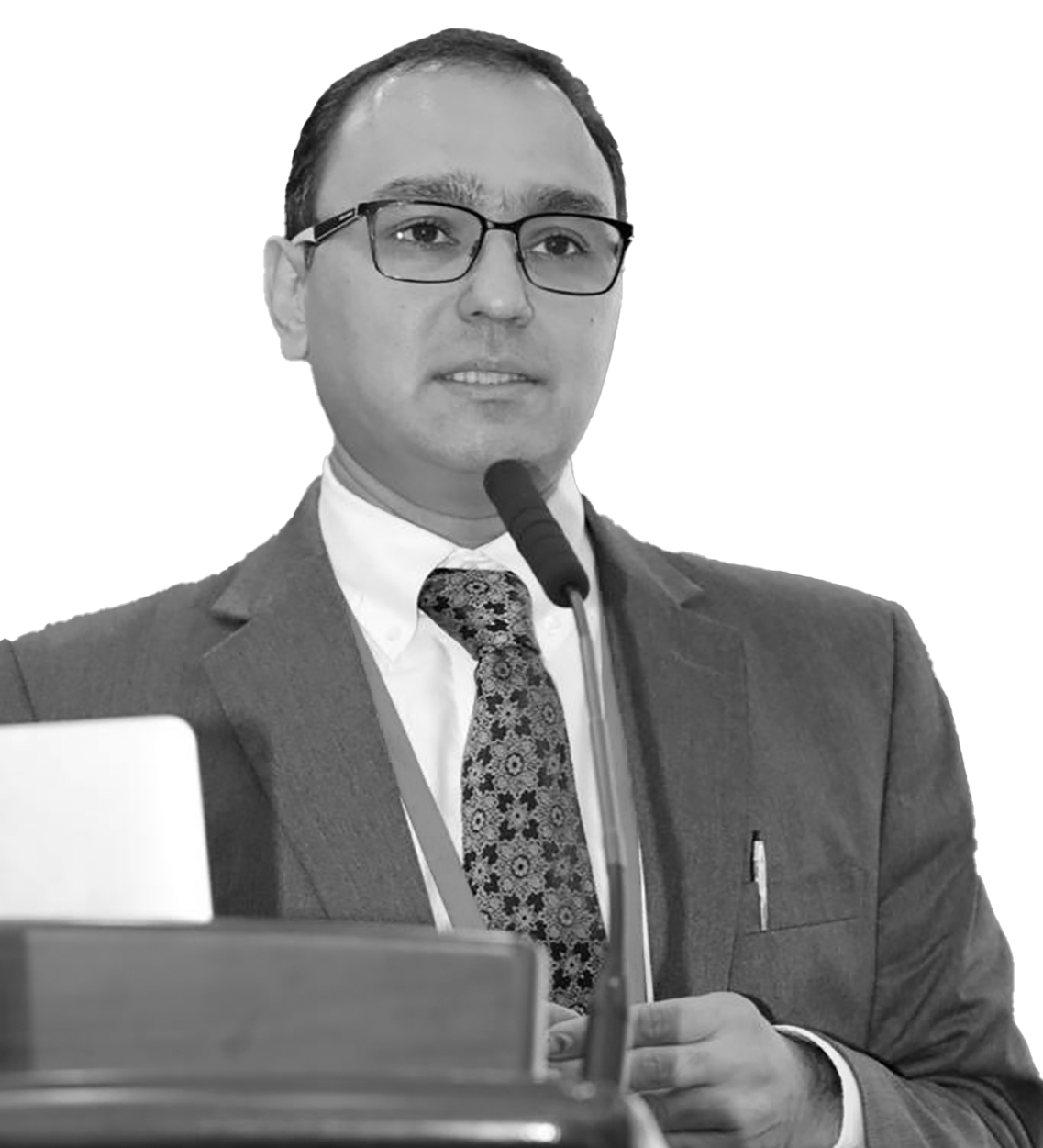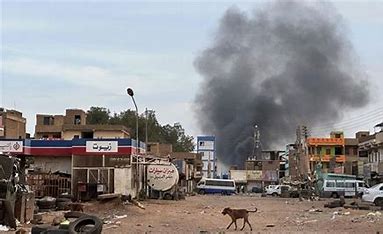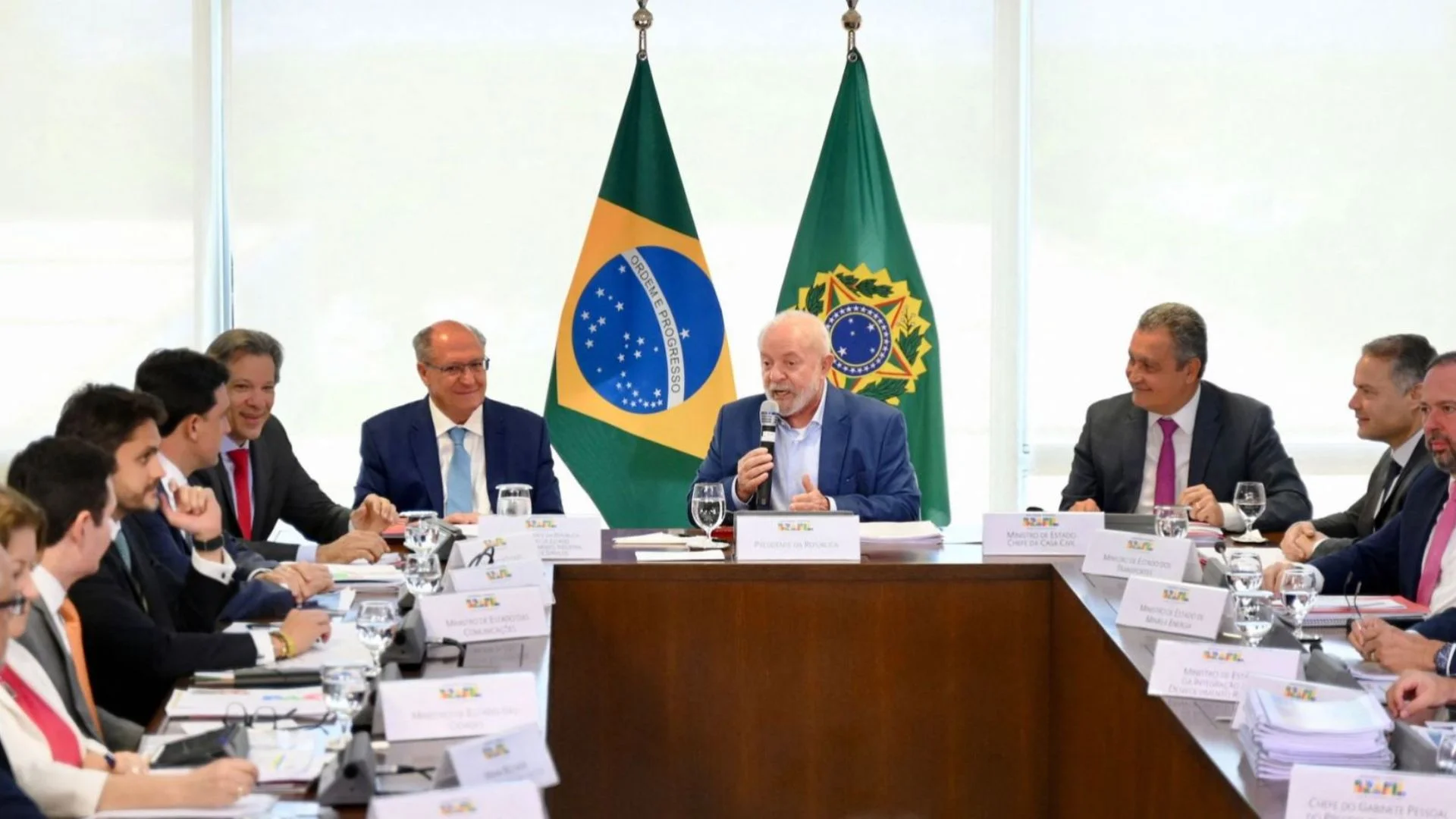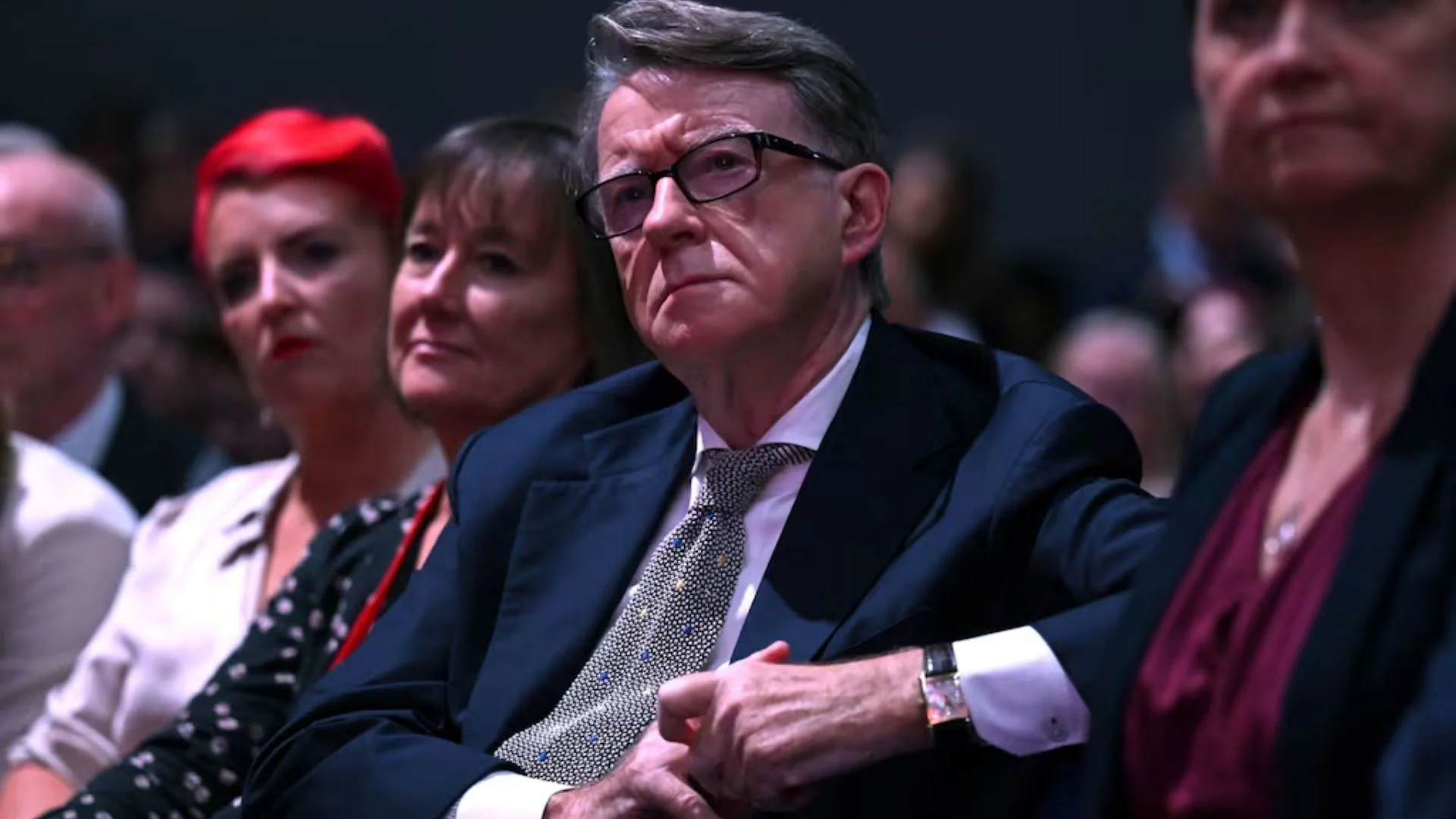The proposition of accepting death when life seems futile is largely controversial given its ethical, legal, scientific, and spiritual connotations. The legal perspective is the most furiously debated around the difficult question: Should we allow active euthanasia or not? In the Indian legal system, only passive euthanasia is permissible, which implies easing the process of death for a person by discontinuing active medical intervention. Active euthanasia means accelerating the process of death through lethal injectables, which is not legally permissible. A lot of our terminally ill patients wish for passive euthanasia as they find resuscitation meaningless.
In my evolution as an oncologist, I have grappled with many fundamental questions: Why do a few good cancers go bad when doctors assume a recovery track in due course? When I did not find credible and consistent answers, I turned to the Bhagavad Gita. I cannot say I found the answers, but I definitely understand the questions better now. I met Dr Stanley Wetschler, former director of the Bradfordwoods Medical Centre, through sheer serendipity in Pittsburgh. He shared his medical report with me. It was a case of stage four colon cancer; the tumour was not responding to chemotherapy. Any intervention seemed pointless. He smiled and showed me the date of the report, which was ten years ago. I was flabbergasted realizing that the good doctor had not just outlived the six months his doctors had given him and he was in the pink of health.
A 67-year-old lady patient came to me in 2015 with an aggressive cancer of the mouth, a sarcomatous carcinoma of the maxilla. Post an eight-hour surgery, when she came back in a month for radiation and chemo, the tumour had recurred both in the lungs and local area. Notwithstanding the seeming futility of further treatment, I briefed her about metronomic chemotherapy–a low-dose chemo variant founded on the simple premise that if you cannot demolish a building at one go, try to remove one block at a time.
One-and-a-half years later, she was back to normal life. A PET scan showed no tumour. I was overjoyed to see our prediction going wrong; we had given her not more than a month and here she was, urging me for a cosmetic correction to set her face right!
Another patient, a cancer survivor, was having her stitches removed post-surgery. She happily bade me goodbye and went to the washroom to freshen up. There, she suffered a massive cardiac arrest that claimed her life.
On one of my routine ICU rounds, a lady approached me, requesting me to give her mom a courtesy visit. Having undergone tracheostomy, the patient was breathing through a hole in the throat and feeding through a stomach pipe. The tumour had spread all over her body. She wrote asking me: ‘How much time do I have?’ I told her instinctively that I was not sure, but it was not more than a day or two. I remember the bright smile on her face. She was overjoyed and wrote another note to me, thanking me for telling her the truth when everybody else was giving her false hopes. She moved on with a deep sense of solace.
A cancer patient, a young sports journalist, was known to me for a long time. Since he had lost his voice box, his marriage seemed a difficult proposition, although the girl loved him. I convinced both the parents to let the wedding happen. The girl’s family asked me bluntly about his life span: I asked them: What about your life span? Just because he is a cancer survivor does not mean we can predict his impending death. So go with the flow and who knows, he may outlive you, I told them. Ten years later, his tumour recurred and spread to the lungs. We managed to stop the profuse bleeding for a while, but after a few days, he was again critical. One of his last wishes was to talk to me. When I went to his room, he gave me a thumbs up.
I decided to make one last attempt of manually putting pressure on the area. The next morning, I was told that the bleeding had stopped. The week after, the ventilator was removed. Three days later, he was shifted to his room. He was allowed to spend time with his three-year old daughter and also complete his unfinished book on cricket. He also hosted a grand book release function, but sadly the tumour came back. He also had to face the constant bickering between his mom and wife. I decided to cheer him up and told him, “Even Lord Shiva and Lord Vishnu failed to resolve this familial challenge, why do you grieve unless you feel you are above these gods?” I was happy to see the smile on his face. He passed away a few months later.
What explains such miraculous recoveries and relapses? This question has no answer, but it should not deter one from analysing these statistical outliers to guide future therapies, as also study life and death from all perspectives – ethical, legal, scientific, and spiritual.
When a stage IV cancer patient asks me, “Am I going to die?”, my answer is that we did not choose the day we were born, likewise, we cannot decide the day and time of our death. What we have at our disposal is the time and space in between. In this space, there is science, there are facts and truths beyond which there are assumptions of truths. As clinicians, we have to operate within this spectrum which is why you must have your Intelligence Quotient, Emotional Quotient, and Spiritual Quotient tightly coupled with each other.
Clinicians cannot predict the time of death. But it is important to explain their understanding of death to patients and their kin. During this difficult time when life is ebbing, patients should get as much good sleep as possible. They must also be urged to have food to the extent possible, and all effort must be made to remove their physical and psychological pain. Sadly, doctors bear the brunt of undesirable outcomes many a time, as the grieving families find an easy target to take out their deep frustration and disappointment. Barring exceptions, no doctor would consciously push a patient towards death. At HCG, I have set up a bereavement team which swings into action whenever there is a demise. Sadly, a surgeon cannot but escape a ghastly predicament: “How do I go and convey bad news to the family who are hoping against hope?” A spiritual master once told me, “There are hundreds of people waiting for you outside your cabin. Their blessings and prayers have given you the healing touch. This is not some intrinsic power bestowed upon few individuals by the almighty; it is an elemental power that emanates from the blessings of these common people. This power is not meant to benefit you, it is meant to benefit people. So, make it a point to touch your patients and pave the way for the healing to happen. When you touch them, you offer a silent prayer for their wellbeing.”
Ever since, I touch the patient and offer a silent prayer even if the case is hopelessly critical. Even when a patient is unconscious, the soul is supposed to be awake, and it communicates in strange ways. I place my faith in this assumption of truth as a conscious Choice.
Dr Vishal Rao is Member-Consultative Group to Principal Scientific Advisor to PM-Govt of India; Member of Vision Group for Biotechnology-Govt of Karnataka; and Member of Covid Genomic Surveillance Committee-Govt of Karnataka.







